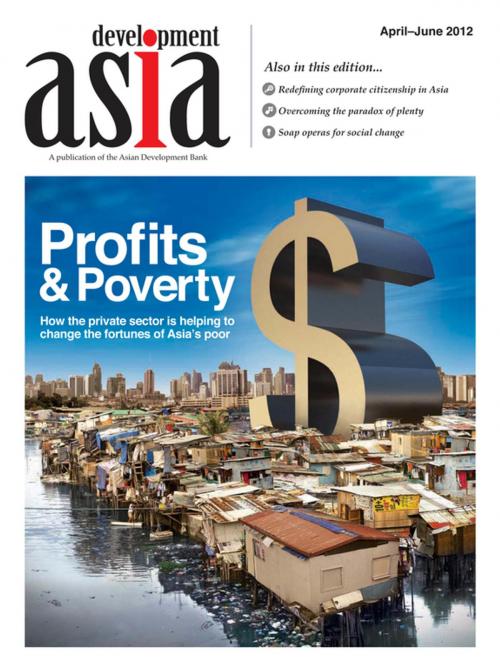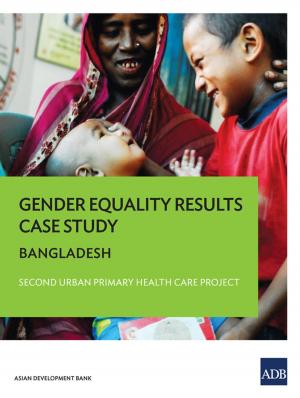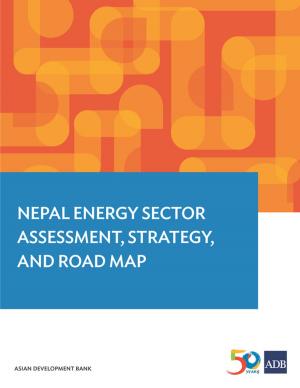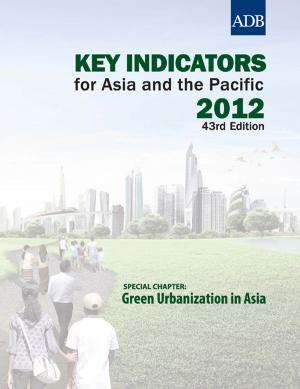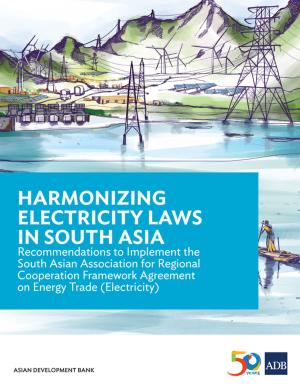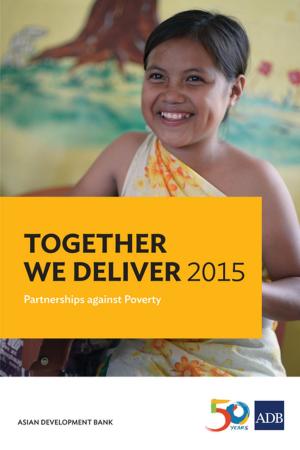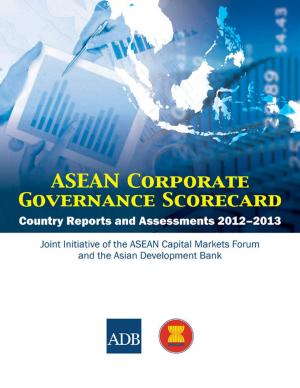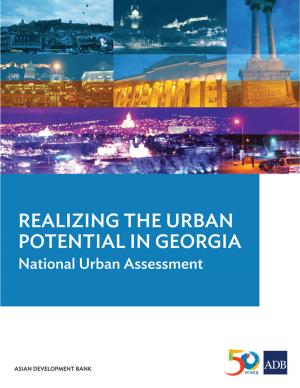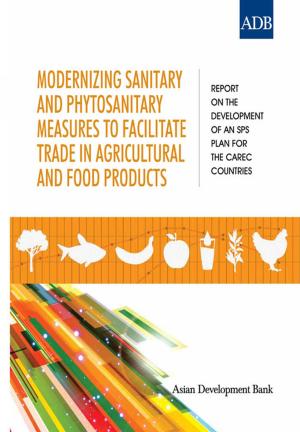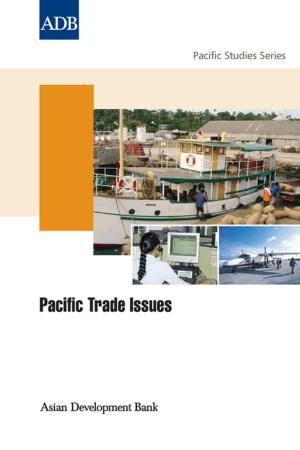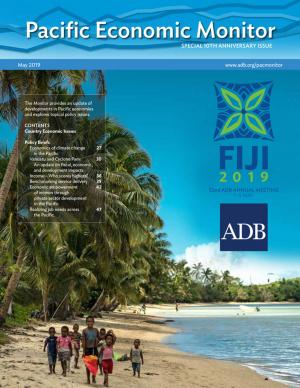Development Asia—Profits and Poverty
April–June 2012
Business & Finance, Business Reference, Infrastructure, Marketing & Sales, Commerce| Author: | Asian Development Bank | ISBN: | 9789292574420 |
| Publisher: | Asian Development Bank | Publication: | June 1, 2012 |
| Imprint: | Asian Development Bank | Language: | English |
| Author: | Asian Development Bank |
| ISBN: | 9789292574420 |
| Publisher: | Asian Development Bank |
| Publication: | June 1, 2012 |
| Imprint: | Asian Development Bank |
| Language: | English |
The combined budgets of the Asian Development Bank, the World Bank, and every other development organization in the world make up just a drop of the economic fuel needed to power billions of people into greater prosperity. Those who work in development have long known that the private sector must play a major role in the enormous economic change needed to lift large numbers of people out of poverty. But it is not that simple. Though their motives may be admirable, private sector companies are not created to help the poor and spur economic development. They are complex entities that play by a different set of rules than development organizations. Finding the right partnership between the private sector, the public sector, and the development community is at the forefront of development work today. This issue of Development Asia examines the controversial theory of charter cities, the paradox that is the resource curse, and the increasing popularity of soap operas as agents for social change.
The combined budgets of the Asian Development Bank, the World Bank, and every other development organization in the world make up just a drop of the economic fuel needed to power billions of people into greater prosperity. Those who work in development have long known that the private sector must play a major role in the enormous economic change needed to lift large numbers of people out of poverty. But it is not that simple. Though their motives may be admirable, private sector companies are not created to help the poor and spur economic development. They are complex entities that play by a different set of rules than development organizations. Finding the right partnership between the private sector, the public sector, and the development community is at the forefront of development work today. This issue of Development Asia examines the controversial theory of charter cities, the paradox that is the resource curse, and the increasing popularity of soap operas as agents for social change.
